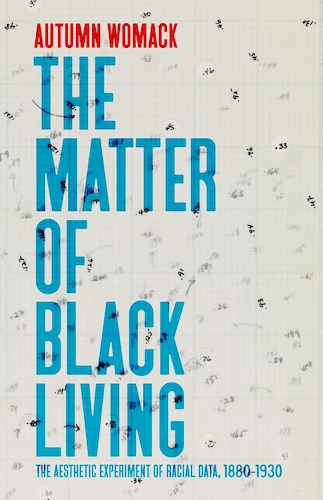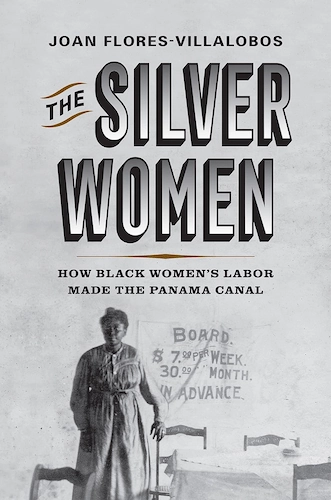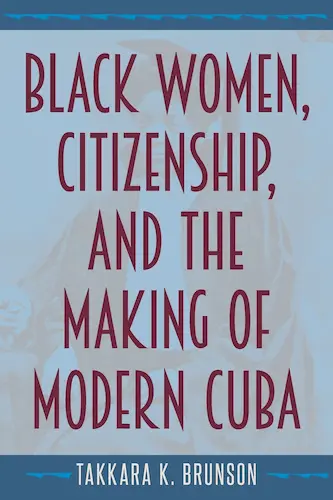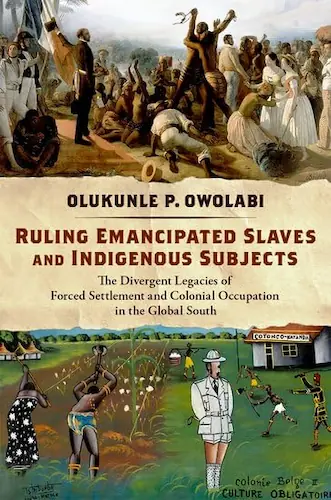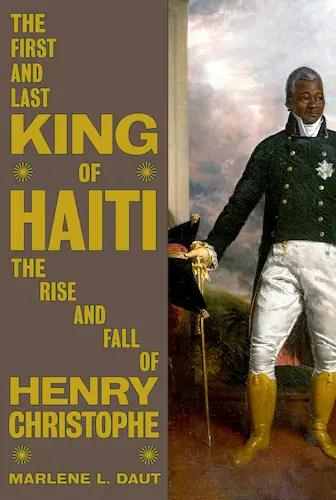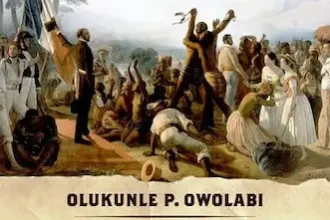Group Empathy as a Political Force
Empathy is often framed as a personal virtue, but what happens when it operates at the level of entire social groups? Seeing Us in Them, winner of the 2022 Merze Tate – Elinor Ostrom Outstanding Book Award, argues that empathy toward outgroups—those outside one’s immediate social identity—can be a transformative force in politics.
At a time when ethnonationalist ideologies and exclusionary policies are reshaping democratic societies, the book makes a compelling case for why fostering cross-group empathy is not only possible but politically consequential. By grounding its argument in robust empirical research, it challenges the assumption that group boundaries are immutable and that political attitudes are purely driven by self-interest.
Measuring Group Empathy: The Group Empathy Index (GEI)
At the heart of the book is the Group Empathy Index (GEI), a tool designed to measure individuals’ capacity to empathize with outgroups. The authors distinguish between interpersonal empathy, which is commonly directed at family and close friends, and group empathy, which extends beyond one’s immediate social circle.
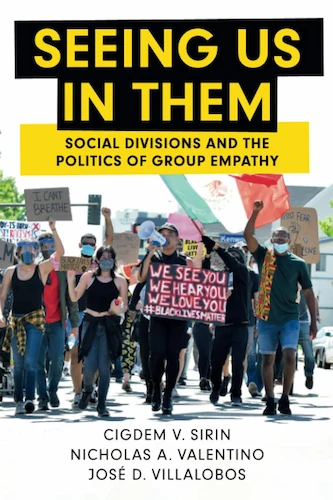
Their research demonstrates that while interpersonal empathy is fairly universal, group empathy varies significantly across individuals and demographic groups. Crucially, it correlates with support for policies that promote social and economic inclusion. For example, in both the United States and the United Kingdom, higher levels of group empathy predict greater opposition to racial profiling, stronger support for immigration, and increased willingness to redistribute resources across groups.
One of the book’s most striking findings is that minority communities exhibit higher levels of group empathy compared to majority groups. The authors attribute this to lived experiences of discrimination and marginalization, which cultivate an ability to recognize and respond to the suffering of others.
This insight disrupts dominant narratives that portray marginalized communities as insular or self-interested; instead, it suggests that those who have faced systemic injustice are often at the forefront of advocating for broader social change. The book also dismantles claims that empathy for outgroups is simply a proxy for political ideology or partisanship. Through rigorous statistical analyses, it demonstrates that group empathy operates independently of other common predictors of political attitudes, such as authoritarianism, social dominance orientation, and racial resentment.
Group Empathy and the Politics of Inclusion vs. Exclusion
Yet, the book is not merely an academic exercise in measurement; it engages directly with some of the most pressing political debates of our time. The authors explore how group empathy influences attitudes toward immigration, homeland security, and foreign policy. They highlight how political leaders—particularly those with ethnonationalist agendas—deliberately suppress empathy for outgroups by framing migrants, refugees, and racial minorities as existential threats.
The discussion of Trump-era policies is particularly revealing, illustrating how appeals to national security and economic anxiety are often used to override empathetic responses. At the same time, the book offers a counterpoint: moments of heightened visibility, such as viral images of suffering immigrants or police violence against racial minorities, can activate group empathy and mobilize political action.
The book’s implications extend beyond academia. It offers a framework for policymakers, activists, and educators seeking to cultivate a more inclusive and empathetic public sphere. By demonstrating that group empathy can be measured, studied, and—most importantly—expanded, the authors provide a roadmap for countering the divisive politics of ethnonationalism.
For those interested in the intersections of psychology, politics, and social justice, this book is essential reading. It not only advances our understanding of group empathy but also issues a powerful call to action: in an era of polarization and exclusion, fostering empathy across group lines is not just a moral imperative—it is a political necessity. The book is available here.


